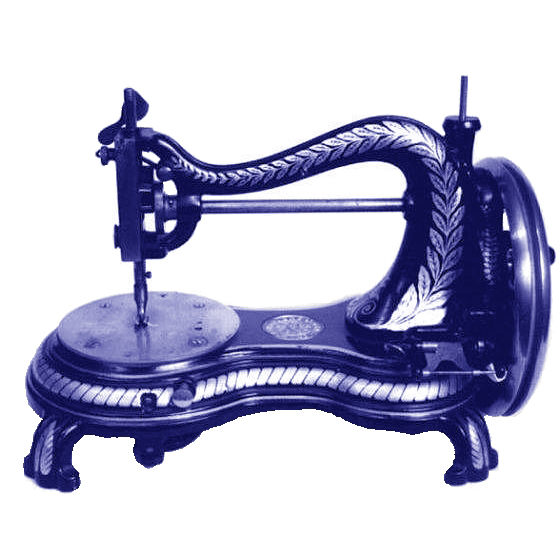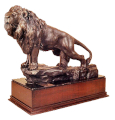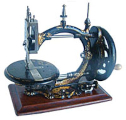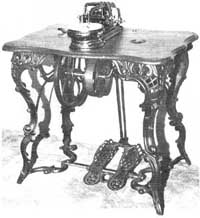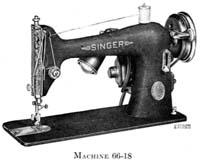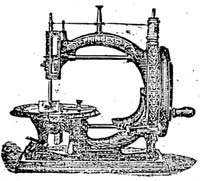Illinois Kit
EVERY SO OFTEN the ephemera collector comes across a kit.
This is a collection of paperwork from one source that has, remarkably, stayed together for all its life.
An example of a kit came into my hands recently.
It all lives within an opened envelope addressed to R L Thompson, Friendship, ME.
The envelope, which bears a one-cent stamp, was posted on August 19 and carries the instruction that it should be "delivered promptly" or returned within five days to the Ill S M Co of Rockford, Illinois.
Inside is a set of sales blurb sent by the Illinois SM Co, makers of the New Royal, to Thompson who was obviously marked down as a potential agent.
The main letter reveals that two previous attempts to interest Mr T have been ignored.
"Third-time does it", the letter begins and goes on to wonder why a trial order has not been placed.
It extols the virtue of the New Royal which vastly undersells others because of economies in sales costs and advertising and offers a free trial and all postage to be refunded if the machine is rejected and returned.
A glossy pamphlet shows the basic high-arm lock-stitch machine and treadle variations - although numbers are a little confusing.
We also have an official order form showing prices from $11.75 for the parlour cabinet and $21 for the automatic-lift version.
A further pamphlet appears extolling the virtues of the machine and stating that all woodwork is given one coat of best golden oak filler, one coat pure shellac, two coats varnish and then rubbed with rotten stone and pumice before being hand polished.
So was all this effort and expense by the Illinois SM Co worthwhile? Did the extra 20% offered on a first order tempt R L Thompson? Was it the start of big business?
Alas we know the answer was no.
For there, in the kit, is the addressed, return, envelope which RLT would have used to place an order
And to dispel the romantic thought that he might have telephoned his requirements, I'm sorry to say, no. In 1900, 14 years after the invention of the telephone, lines had not yet reached the Rockford, Illinois, company.
